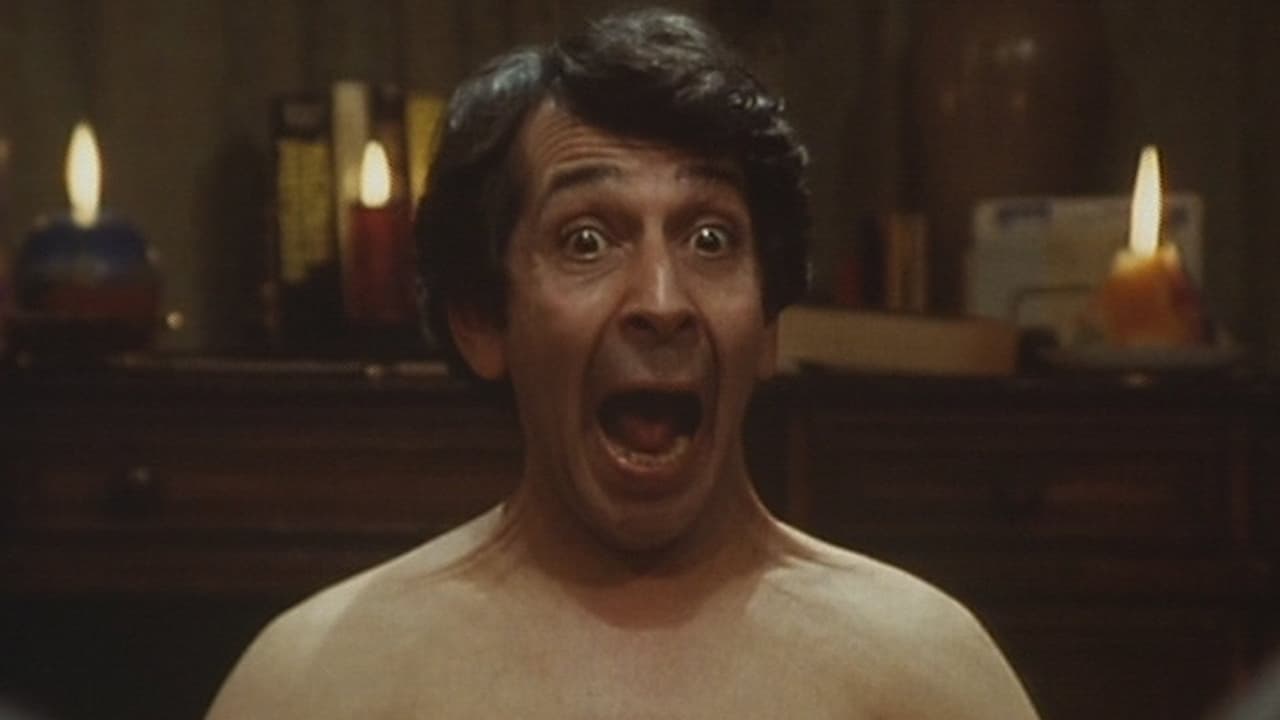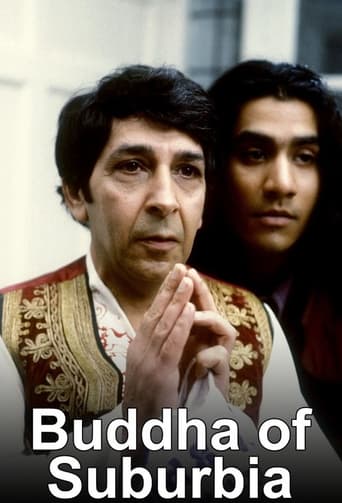Perry Kate
Very very predictable, including the post credit scene !!!
InformationRap
This is one of the few movies I've ever seen where the whole audience broke into spontaneous, loud applause a third of the way in.
Humbersi
The first must-see film of the year.
Leoni Haney
Yes, absolutely, there is fun to be had, as well as many, many things to go boom, all amid an atmospheric urban jungle.
Dr Jacques COULARDEAU
A surprising series from the BBC that comes to us from the rather distant time of 1993, but that speaks of the 1970s, the time of punk and the beginning of Margaret Thatcher who was already out when the mini series was produced. And they bring it out in 2007 in the DVD format. At last some may say. These time lags are very interesting because the meaning of the story is completely different according to the time you stand in. At the time of the arrival of Margaret Thatcher, the National Front was a real danger, and the mini-series shows it quite well and it is Margaret Thatcher who thwarted this National Front's ambition completely and utterly by recuperating their votes. It was a time when the left thought along the narrow line of an old model, that of the communist inspired unions, particularly the mineworkers' union, and of the Labor left of Tony Benn, the aristocrat turned a strict socialist. And they needed to be woken up to reality and they were by Margaret Thatcher again. They had to realize the old more or less violent and always intimidating methods were wrong and that the system of the free market economy was not collapsing at all because market economy was not, still is not and will certainly not be collapsing, even if its management is changing and will be changing maybe towards a more controlled, smooth and just functioning. The film looks at the extremely crucial issue of the time: the integration of the massive immigration from South Asia, Pakistan, India and Bangladesh. It considers this movement from a mixed point of view. First of all the point of view of the immigrants themselves, and particularly one young man who is the son of an Indian man and an English woman. His vision is always divided because he is mixing with people from both communities. It shows both his very Indian approach of personal relations that takes sex for what it is, nothing much except some kind of relaxing way of meeting with other people. Then the orientation is not important at all. But at the same time he desires some deep sentimental and emotional commitment and that runs in conflict with the English approach of things that more or less considers commitment like a downfall, a fault, a flaw in the free texture of life at the time. Since he is not an opportunist he ends up stepping out of a group in which sex was some kind of payment for a career, and since his profession is acting, that leads him to some kind of rather aloof position though all the more chased after because he appears hard to catch. At the same time we have the point of view of the white actors and directors who want to give Indians their chance to be well represented on the stage but then these Indians run into the African blacks who do not have the Indian distanciation (the Blacks are not beige enough as this young man says) and who consider a humorous discourse about Indian immigrants to be yielding to the white representation a society they essentially see as racist is imposing onto them. If you add to that the punk music of one of these white friends of the main actor's you have the full picture. This punk movement was definitely on one hand an extreme and excessive denunciation of white fascism but it also led at the time to the antagonistic movement of the skinheads who were racist and violent. In other words that was a time when things were very volatile and changing too fast for anyone to know which way they were going. That was the time of the squatters and the Claimants' Union. Strangely enough though most of these claimants were whites who wanted to use the social protection that had been set up after the war and up to the end of the 60s to live in poor but decent conditions, with no regular profession but plenty of time to prop up all kinds of protest movements. I remember the squats of the White Chapel area and the punk concerts of the Marquee and the Roundhouse of these mid and late mid 70s. That was a time worth living and that is a time worth remembering. This miniseries gives us a fair picture of what could today inspire us slightly more: there is no future for any country and the people of those countries if there is not a fair dose of freedom, diversity and hard work.Dr Jacques COULARDEAU, University Paris Dauphine, University Paris 1 Pantheon Sorbonne & University Versailles Saint Quentin en Yvelines
mbanwait
Having read the novel almost a decade ago and not quite understanding it (probably too young), I finally decided to pick up this BBC series on video. I think i understood it better being 10 years wiser.The series is firmly cemented on the wonderful actor Naveen Andrews (now best known for the ABC series "Lost"). Taking place over a span of a decade, the early 70's to the 80's, when Thatcher came to power, the series is epic in scope. Showcasing the rising tide of the new young Indo-Brits and their dreams, aspirations and longing to belong to a culture of their own (instead of the tradition bound or anglo majority).The series is filled with race relations, morality, social issues and political comment. The character of Karim is in almost every frame of the series. And all of the other characters are seen interplaying with Karim.The most interesting storyline is the at times comical, but ultimately bitter subplot involving the Indian groom Changez and his reluctant British bride Jamila. Wonderful performance by Harish Patel.At times the series does start to meander into meaningless territory, such as the plot involving Charly and the punk rock band. But again, the great acting by Andrews pulls the story back to the forefront.I can compare this series to a very long movie...an excellent 4 hours spent on a great British serial.And one more thing, the soundtrack is a major highlight. Great tunes from the 70's. Not to be missed by Naveen Andrews fans.
deborahc
A very good adaptation of a great book. Fantastic performances, especially the wonderful Naveen Andrews, great depth of character, great writing. A story, really almost an epic one, of a young man coming to terms with his complex identity in the rapidly changing world of 70s England (suburbs and then london). The film didn't capture the atmosphere of the 70s as well as the book, but I suppose making it a real period piece would have distracted from the characters.As usual, screenwriter /playwrite/ novelist Hanif Kureishi is brilliant in his portrayel of politics, sex, spirituality and fashion, and what happens when they start to become indistiguishible. I saw it actually as a series in England and was happy to see that was just as delightful as a whole, but I also recommend seeing it over two nights as its probably close to 4 hours all through. Also, the Bowie soundtrack is fantastic.
sfboy101
Naveen Andrews, probably best known to American audiences as the Indian bomb expert in "The English Patient," plays Karim, a young London high schooler in the 1970's. Karim is caught between loyalties to his mother and his father, who are going through a messy split. Susan Fleetwood is notable as the father's mistress, whose son might or might not be the hottest thing to hit the music scene since Bowie.The amazing thing about "Buddha..." is the depth of characterization. The secondary characters, and there are at least fifteen, all have their own struggles and histories. Karim floats through his world, trying to be everything to each character -- a friend, a confidant, a lover, a good son, a loyal nephew -- and finds that he can't satisfy everyone. Pay close attention to each story, such as the arranged marriage between Jamila and Changez. It's a comedy of errors orchestrated by her traditional parents that's wonderfully out-of-place for the characters who see themselves liberated members of the "me" generation.Though this is a mini-series rather than a film, the production values are pretty good. It would be a good idea to rent it for two nights, since it's long. And since it was made for TV anyway, the small screen is just right. (It was shown on a big screen at the San Francisco Gay & Lesbain film festival.)

